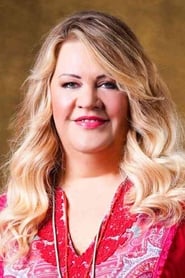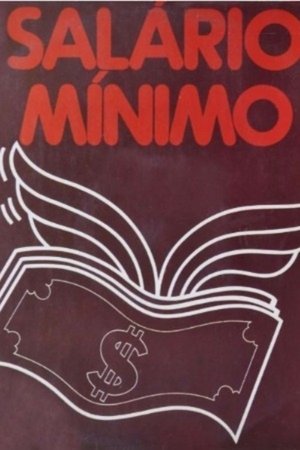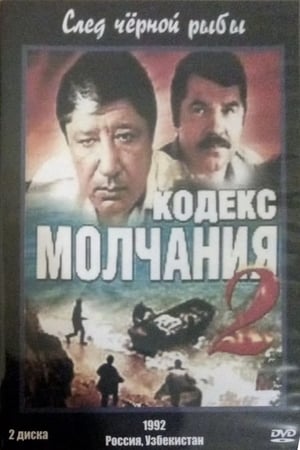Recommendations TVs

Denn sie wissen nicht, was passiert - Die Jauch-Gottschalk-Schöneberger-Show (de)
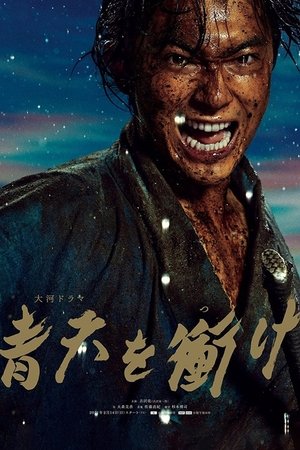
Reach Beyond the Blue Sky (ja)
Shibusawa Eiichi was born in 1840 to a farmer’s family. He grew up helping his family with work, which was to manufacture and sell indigo production and also silk farming. He left his hometown at the age of 23 and began working for the government. He later traveled to Paris and learned about banking. Upon his return to Japan, he helped build up the first modern bank in Japan. He eventually became a founder or supporter to about 500 companies and was involved with about 600 public services, including education for women.

Salvage Hunters Best Buys (en)
Architectural salvage expert Drew Pritchard looks back at the most eccentric characters, the hardest hagglers and the most extraordinary places he's hunted for antique treasure. Drew gives us the inside track on his wheeling and dealing, the stories behind his picks, as well as top tips about salvaging and how to get the best deals.
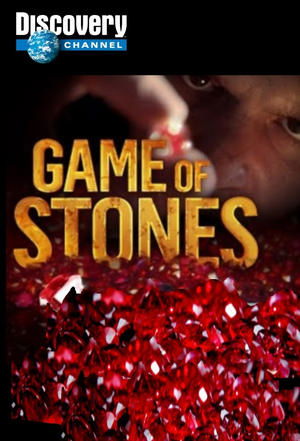
Game of Stones (en)
Game of Stones follows a team of gemologist around the world and gives you a behind the scenes look at where the gems and the jewlery that you wear comes from, how its made, hows it's bought, and the lengths these guys go through to get their hands on the finest gems on the planet.
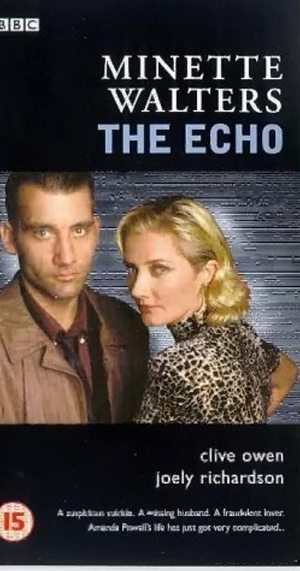
The Echo (en)
Mike Deacon, a tough, lone-wolf reporter discovers that things are not quite what they seem when a tramp is found dead in the garage of a beautiful woman. He enlists the help of an elderly lawyer friend, a naïve photographer and a streetwise teenager during the investigation.
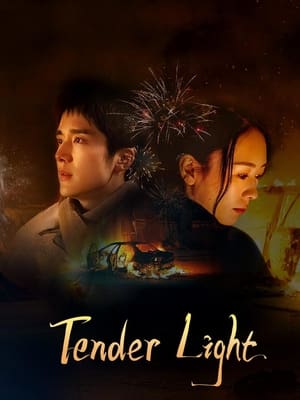
Tender Light (zh)
The dim light and shadow wake up the dark night, everything is silent, and there is no place to hide the heartbeat. In the lights of the town, Nanya and Zhou Luo encountered a touch of warmth.

Wind Direction (zh)
Seventeen-year-old Cheng Miaomiao and sixteen-year-old Cheng Yayao were born in the Lin Qi Oil Field, where their family has worked for three generations. In the late 1990s, the family relocates from the Northwest to the coastal town of Heping, where they must navigate their new environment and face challenges that foster personal growth.
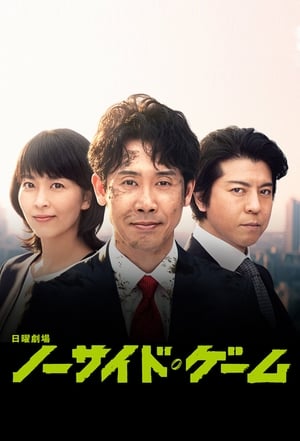
No Side Game (ja)
Mr Kimijima's star at the conglomerate is on the rise until he objects to his manager's pet project. Consequently, he is transferred to a manufacturing factory out in the provinces. Moreover, he is given the reins of the company's rugby team. The team is in a slump and not doing well. He would like the team to begin winning again, but what does he know about a game of running and diving and groping?
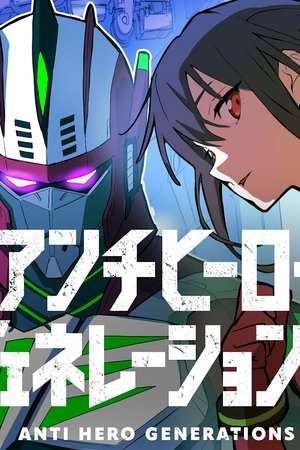
Anti-Hero Generations (ja)
In Japan, giant monsters appear and threaten people's lives on a regular basis. Kaneko, the protagonist, gets a job at a company that operates heroes to defeat them, but he discovers the truth behind the scenes: the company is actually manufacturing monsters, and the battles are fixed by them. Kaneko is also unexpectedly selected as a pilot to control the monsters. What is work? What is work and why do people work? Will Kaneko be able to complete his mission while questioning the meaning of work?
Science Magazine (en)
Science Magazine was a half-hour television show produced by CBC Television from 1975 to 1979. The show was hosted by geneticist David Suzuki, who previously hosted the daytime youth programme Suzuki On Science. Science Magazine moved beyond the youth audience and was mostly broadcast during prime time, except for occasional sessions where the show was repeated at afternoon times. The program featured news and features on scientific research and developments. Regular items within the show included "How Things Work" and "Science Update". Jan Tennant and Cy Strange of the CBC were the program's film feature narrators. Science Magazine, as such, ended production when the CBC joined it with The Nature of Things, keeping the latter as title and Suzuki as host.
